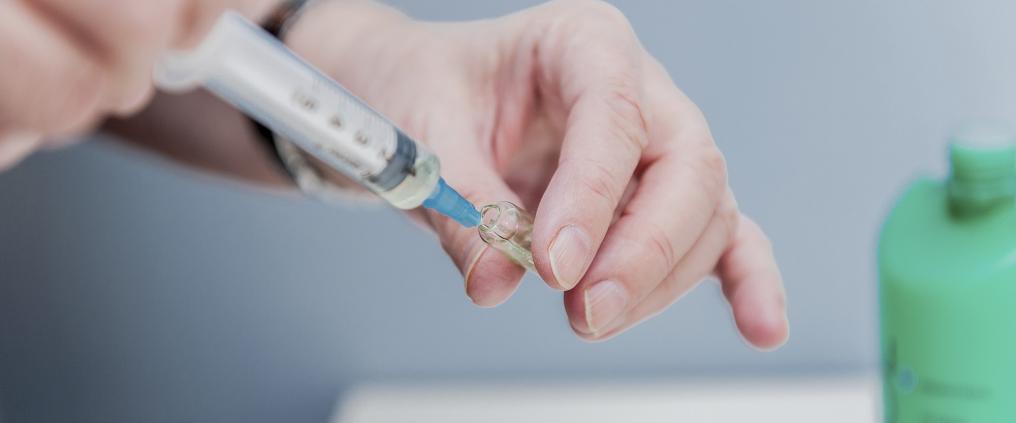The main vaccinations for travellers are against tetanus and diphtheria, supplemented by MMR and polio shots where necessary.
Immunisation validity should be verified before travel, especially for adults. For example, you should get a tetanus shot every 10 years, but a booster is needed in the event of an accident abroad if it's been over five years since the previous shot.
Many countries recommend vaccination against hepatitis A. This virus is transmitted through contaminated or badly cooked food and dirty drinking water. While hepatitis B is a much rarer type of liver infection, the same vaccination can protect you effectively against both. Country-specific vaccination recommendations can be checked on sites such as that of the Finnish National Institute for Health and Welfare (THL).
Remember to check that chicken is cooked properly
As we all know, the most common travel-related illness is 'the runs', diarrhoea caused by microbe‑contaminated food or drink. A Finnish traveller's risk of contracting this troublesome nuisance in South Asia, for instance, is put at around 80% by THL.
The risk can be reduced by avoiding certain foods and following strict hand hygiene. Lactic-acid bacteria may be able to prevent or shorten bouts of diarrhoea.
Many already know to avoid things such as mayonnaise, soft-boiled eggs, and ice cubes, and the safest choices at buffet tables are hot foods prepared while you watch. However, you also must always be sure that any chicken pieces are cooked properly.
Unless you suffer from particularly tough acid reflux, I'd advise skipping any medicines designed to reduce the acidity of gastric juices while travelling: an acid-free stomach is much more vulnerable to intestinal infections.
Soap is the best hand-washing helper
The most effective way to stop microbes from spreading is to wash your hands with soap, though hand sanitiser is a good travel option. Very few realise that cash is the most significant source of bacterial contamination.
Backpackers should protect themselves via careful planning and a well-considered pharmaceutical travel kit. Common sense is particularly essential in areas where medical services are not readily available. Rabies is found in many parts of Asia and Africa, and any bites from dogs behaving aggressively should be taken seriously: they require a visit to the doctor.
Another must is protection against mosquitoes. Use suitable clothing and repellents in daytime too. Recommended anti-malaria regimens vary by region. Also spread by mosquitoes, dengue fever is increasingly common in South-East Asia, India, and Central and South America.
Wishing you worry-free travels!
P.S. You can buy items such as hand sanitiser and lactic-acid bacteria products at
- the pharmacy in the arrivals hall of Helsinki Airport's Terminal 2 or the pharmacy service point at Gate 27,
- the pharmacy service point at Kuopio Airport, and
- the pharmacy branch at Oulu Airport.
Photo: iStockphoto
